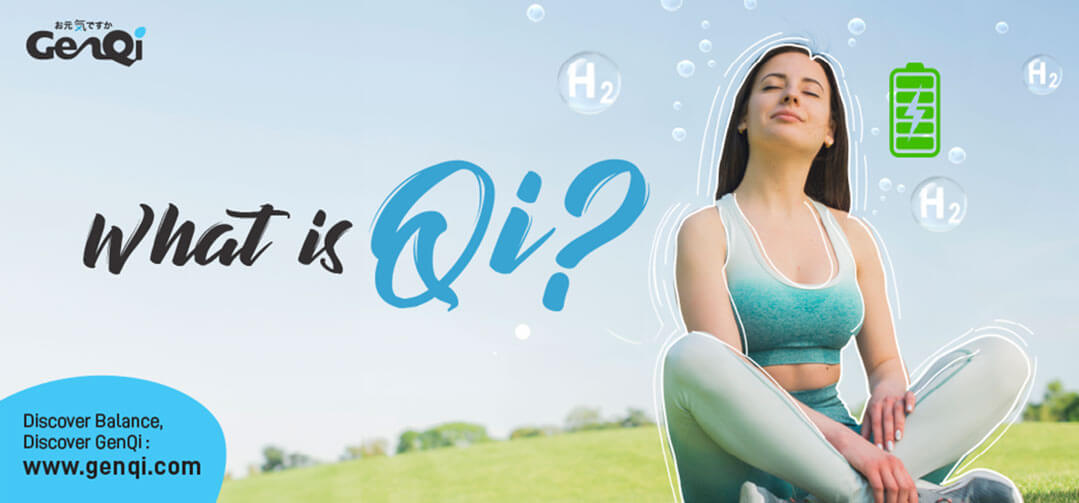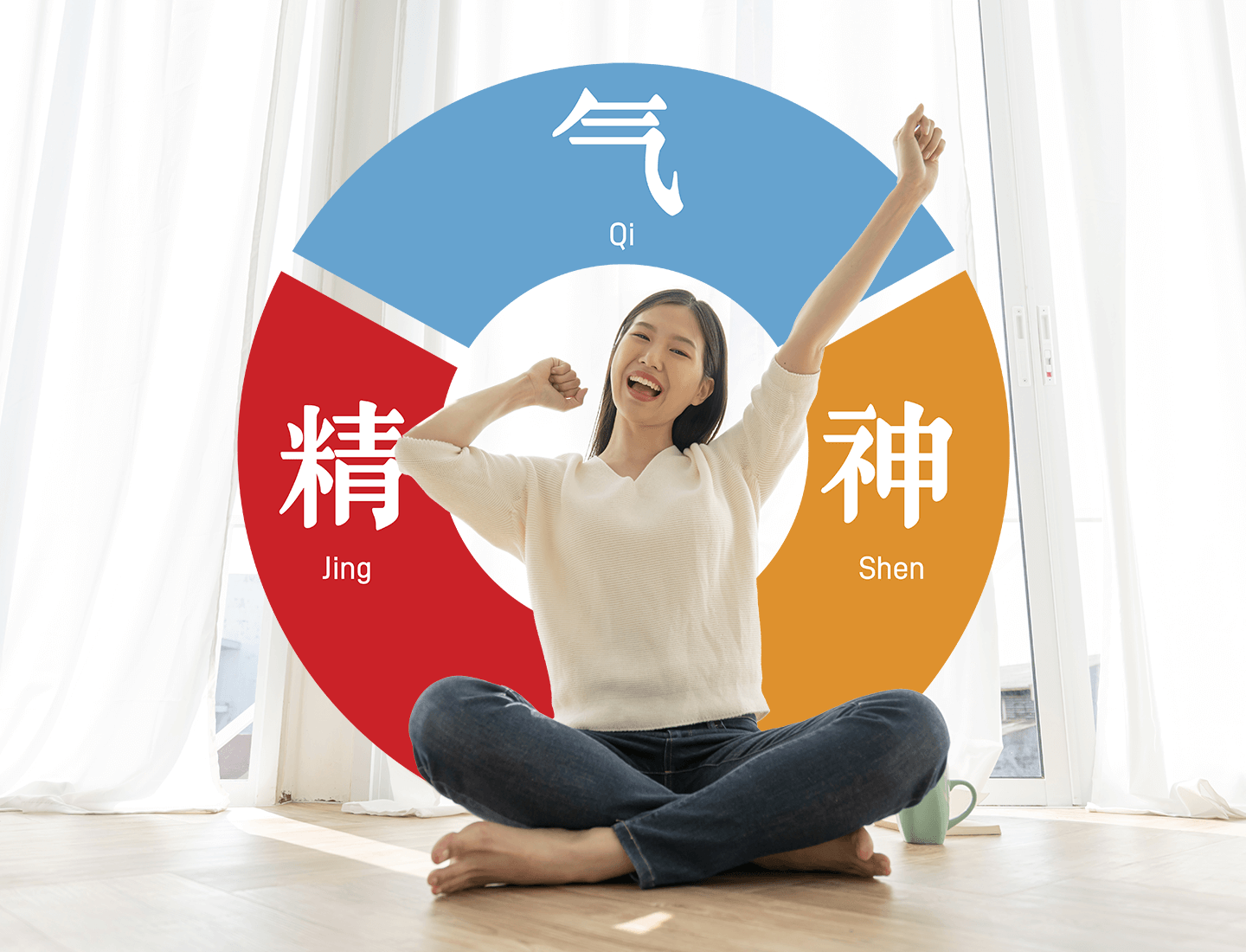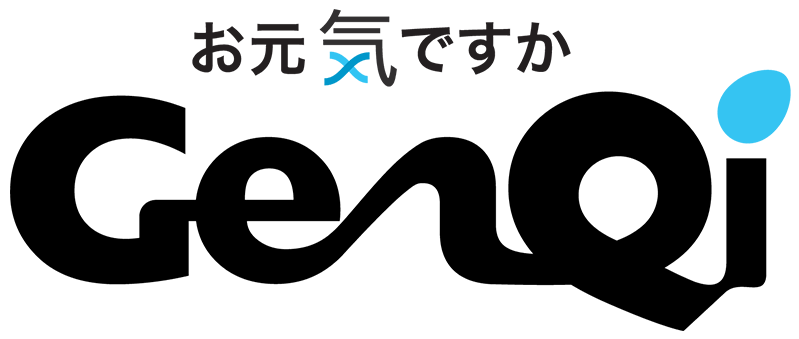
What is Qi?

Qi is the vital energy that determines one’s health. Chinese Traditional Medicine has consistently emphasized the importance of Qi. However, many people still think that “Qi” is a mysterious and abstract concept that cannot be seen or touched. Assuming that a human body is a mobile phone, Qi will be the battery. When the phone’s battery is low, it reminds you to turn on power-saving mode, allowing you to only make calls, send text messages, until the battery runs flat and the phone turns off automatically.
Similarly, human body also switches into power-saving mode when it’s lacking of Qi. When that happens, most of your body systems might stop functioning, making you feel fatigued and experience a lack of energy. When Qi is about to run out, the person is at the stage of severe illness, and when Qi is gone, it’s no longer curable.
Insufficient Qi Leads to Numerous Diseases
Qi is inherited from parents at conception, stored in the kidneys, and relies on acquired vital energies for nourishment. It serves as the fundamental substance and motivity in sustaining human life, promoting the growth and development of human body, as well as stimulating the physiological functions of organs, meridians, and other tissues. Qi deficiency is a common syndrome from insufficient Qi.
In everyday life, some of the chronically or severely ill, overworked, or elderly people may experience Qi deficiency due to declining organ function and may exhibit symptoms such as low energy, reluctance to talk, soft voice, fatigue, short breath, dizziness, paleness, and a range of other health problems. In Traditional Chinese Medicine, it is believed that the human body is composed of three essential substances: “Jing”, “Qi”, and “Shen”, representing essence, energy, spirit respectively.

Three Sources of Qi
Yuan Qi (元气): The innate Qi that is inherited from parents since birth. Increasing innate Qi can be done through certain practices like moxibustion; Grain and Water Qi (水谷之气): This Qi is obtained from the nutrients through eating and drinking. It is derived from food digestion and absorption by the spleen and stomach; Breathing Qi (清气): This Qi is transformed from fresh air inhaled into the lungs, which is equivalent to the air we breathe. It mainly relies on the respiratory function of the lungs.
The human body’s health is closely related to these three aspects of Qi, and one’s overall well-being will be affected should any of them encounter serious issues.
